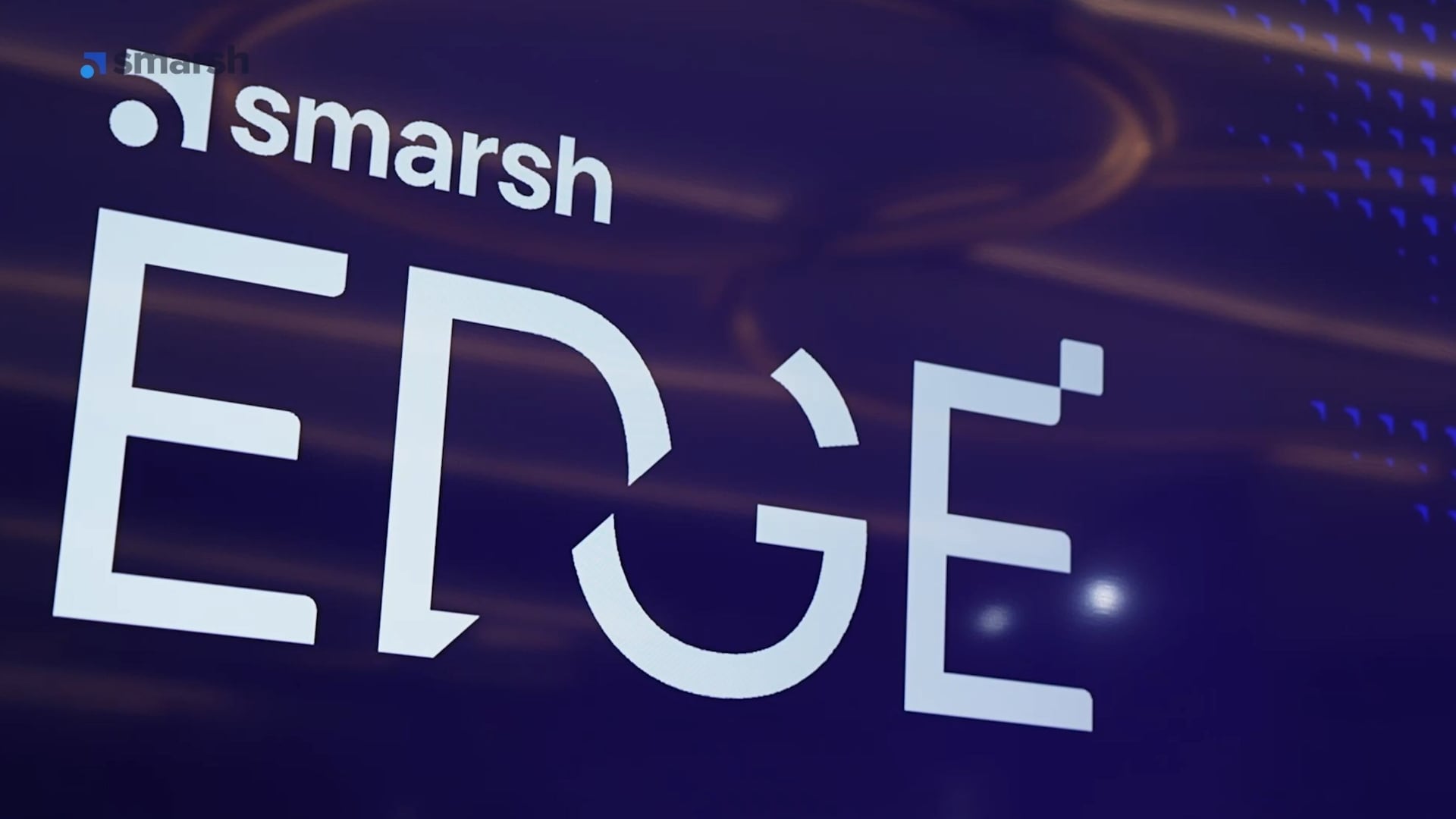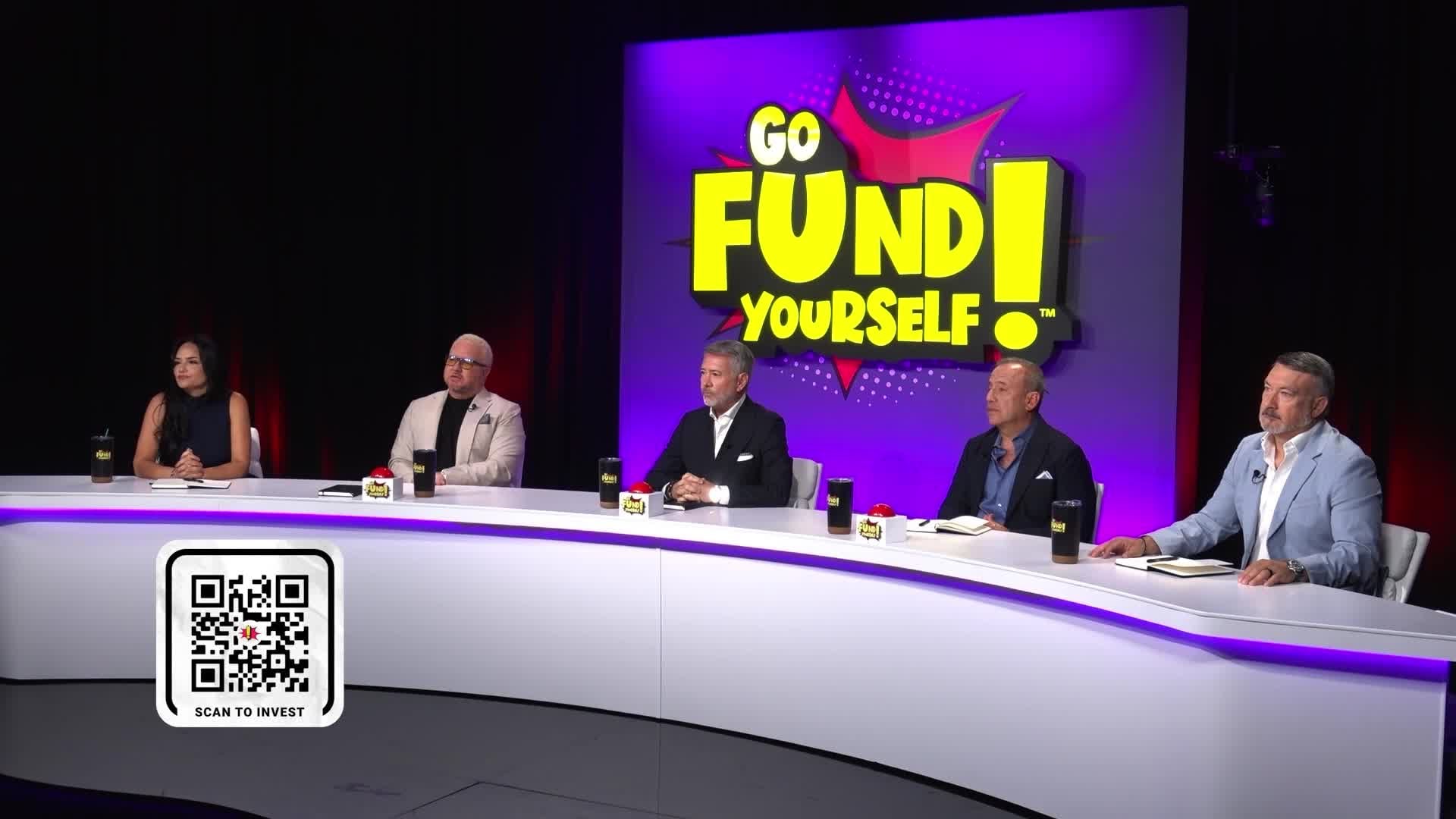Social media platforms are finally becoming distribution channels for financial services.
PayPal ($PYPL) formally announced on Tuesday it’s powering a new checkout function on Instagram that allows users in the U.S. to buy from merchants directly within Instagram posts and stories and then track and manage their purchases in-app. Instagram began testing this functionality almost a year ago.
The partnership enables a type of commerce that’s in demand — instantly buying something you see on Instagram — but has been hindered by the inefficient process required for buyers and sellers to make transactions. If successful in smoothing this process, Facebook-owned Instagram ($FB) could become the next big channel for financial services. While banks are the traditional provider of all financial services, they have been losing market share in recent years to retailers like Amazon ($AMZN) and Walmart ($WMT), both of which already provide an almost complete suite of financial services that lead to larger payment volumes.
"People spend a lot of time on Instagram — that’s where folks are engaging with brands and different types of marketers, but there’s no payment solution,” said David Sica, a principal at fintech venture capital fund Nyca Partners. "Great payment ideas solve a problem for which there's no solution today and enable a type of commerce that’s not happening but the market wants to happen.”
Sica also likened the partnership to Uber’s integration of Braintree (also a PayPal-owned company), which gave the world invisible payments.
Further, as social platforms in general (but Facebook in particular) are being forced by consumers to value data and privacy over ad targeting, payments are an opportunity to grow new revenue. Global payments are on track to add $1 trillion in new revenue to payments businesses through 2027, according to BCG.
"The shift to privacy requires social platforms to build new business models as marketplaces,” said Krista Tedder, director of payments at Javelin Strategy & Research. "This follows the Chinese model of Alibaba and WeChat” the Chinese social networking giant owned by Tencent. “The business model for merchants and banks is the need to incorporate marketplace payments into their overall payment mix strategies."
In China, WeChat Pay has dominated contextual commerce for years — serving as a de facto operating system that lets users execute everything from peer-to-peer payments to mobile phone top-ups to utility bill payments as well as booking planes, trains, and karaoke sessions. Facebook is reportedly looking to create a WeChat copy with its cryptocurrency project. In the U.S., contextual commerce has been trying to gain a foothold, but hasn’t seen the same uptake. That’s due in large part to the vast gap between U.S. and Chinese consumers on the behavioral spectrum.
“In the U.S. market, we all use the same 10 apps, but if you tell me I have to get to them in through a single field I’d feel constrained,” Hartung said. “There’s an individual orientation here.”
Tuesday's announcement is an extension of a long-standing partnership between PayPal and Facebook, which also owns WhatsApp and began testing a WhatsApp payments feature in India last year. PayPal has 220 million consumer users and 20 million merchant partners; Instagram has 1 billion users. Research firm MoffettNathanson estimates the new partnership can help PayPal capture 40 million new users, $10 billion in total payment volume, and $200 million in revenue over the long-term.
PayPal did not respond to a request for comment by deadline.
Merchants may see some competition between channels, with web and in-store sales potentially declining, but overall should see an increase in payment volume because of the ease of use Checkout on Instagram is designed to provide, Tedder said. What’s more important is that merchants and financial institutions have consistent experiences and service offerings regardless of the channel, so customers see consistent pricing, payment options, and return policies whether they’re shopping online, on Instagram, on marketplaces, or in-store.
Laura Bedrossian, vice president of social strategy at the marketing agency Hot Paper Lantern, and Sica said they wouldn’t be surprised to see Instagram eventually expand its suite of financial services to credit and point-of-sale installment loan products, whether it offers them through PayPal or other partners.
Still, ecommerce only accounts for 10 percent of total retail sales, with the other 90 percent being made at physical stores. The partnership still lacks the bridge that would allow customers to make purchases through social media channels on mobile devices and then pick up in-store, said Douglas Hartung, senior director of global software innovation at Diebold Nixdorf, a major maker of ATM machines and other financial services hardware and software.
But PayPal and Instagram are addressing a pain point that’s well known and understood: cart abandonment. Merchants lose sales when prompting customers to download an app; customers drop off when they click on something in Instagram and are redirected to a website where they have to enter their personal information.
“This is infringing on the Amazon Effect,” Bedrossian said of the new partnership. "For Instagram to have evolved to the level where you can make those in-app purchases without having to leave the platform ... just makes it that much easier for the consumer and it’s a logical evolution.”












